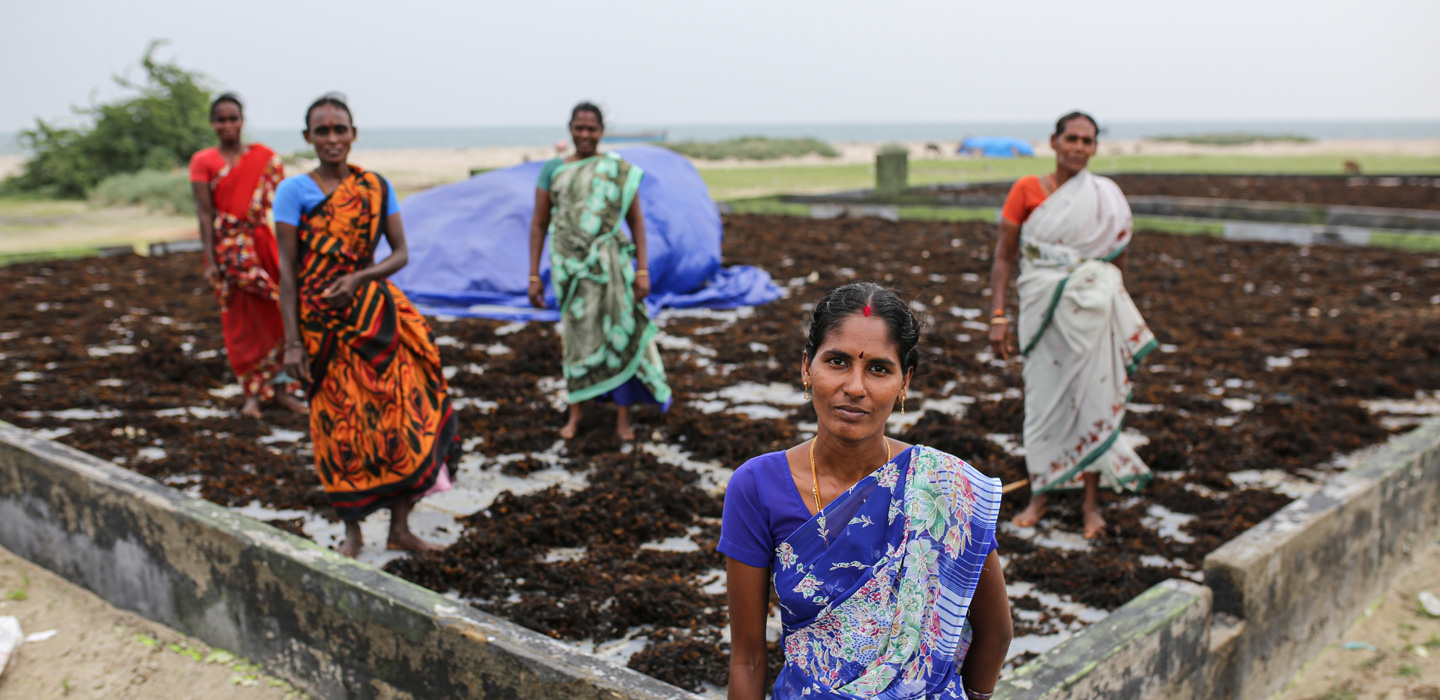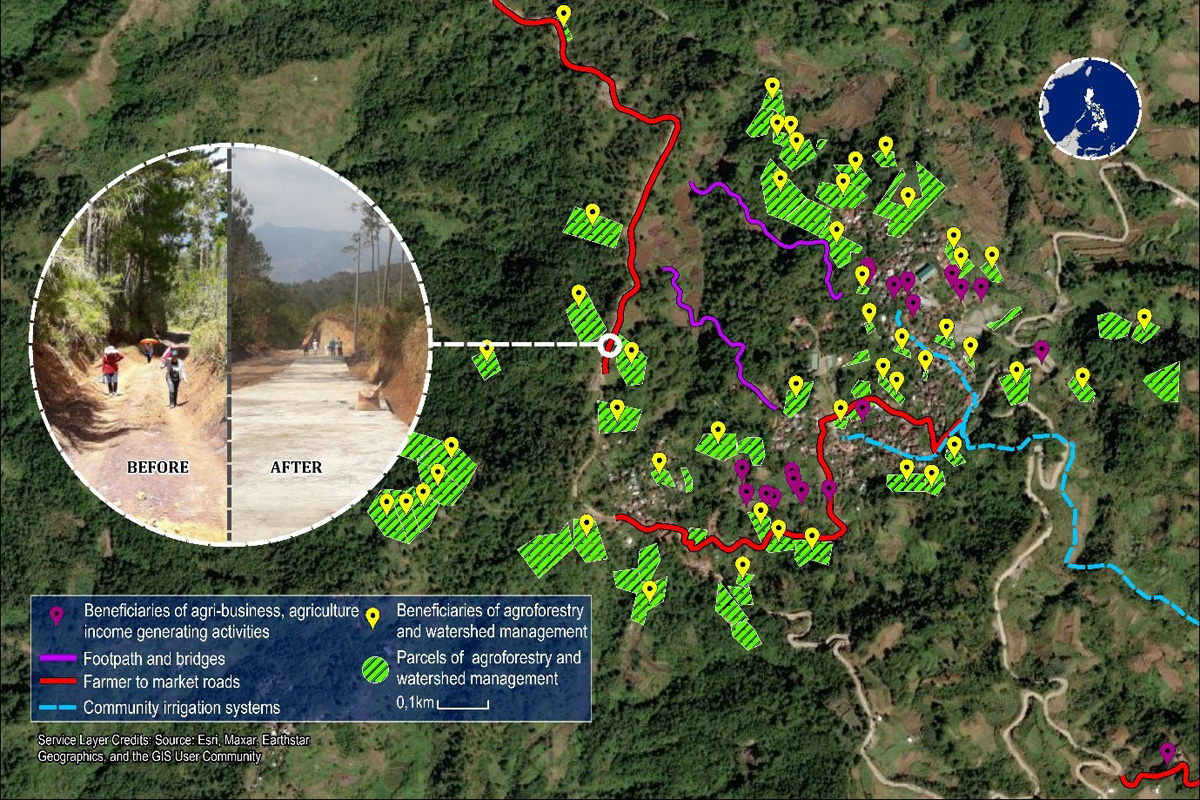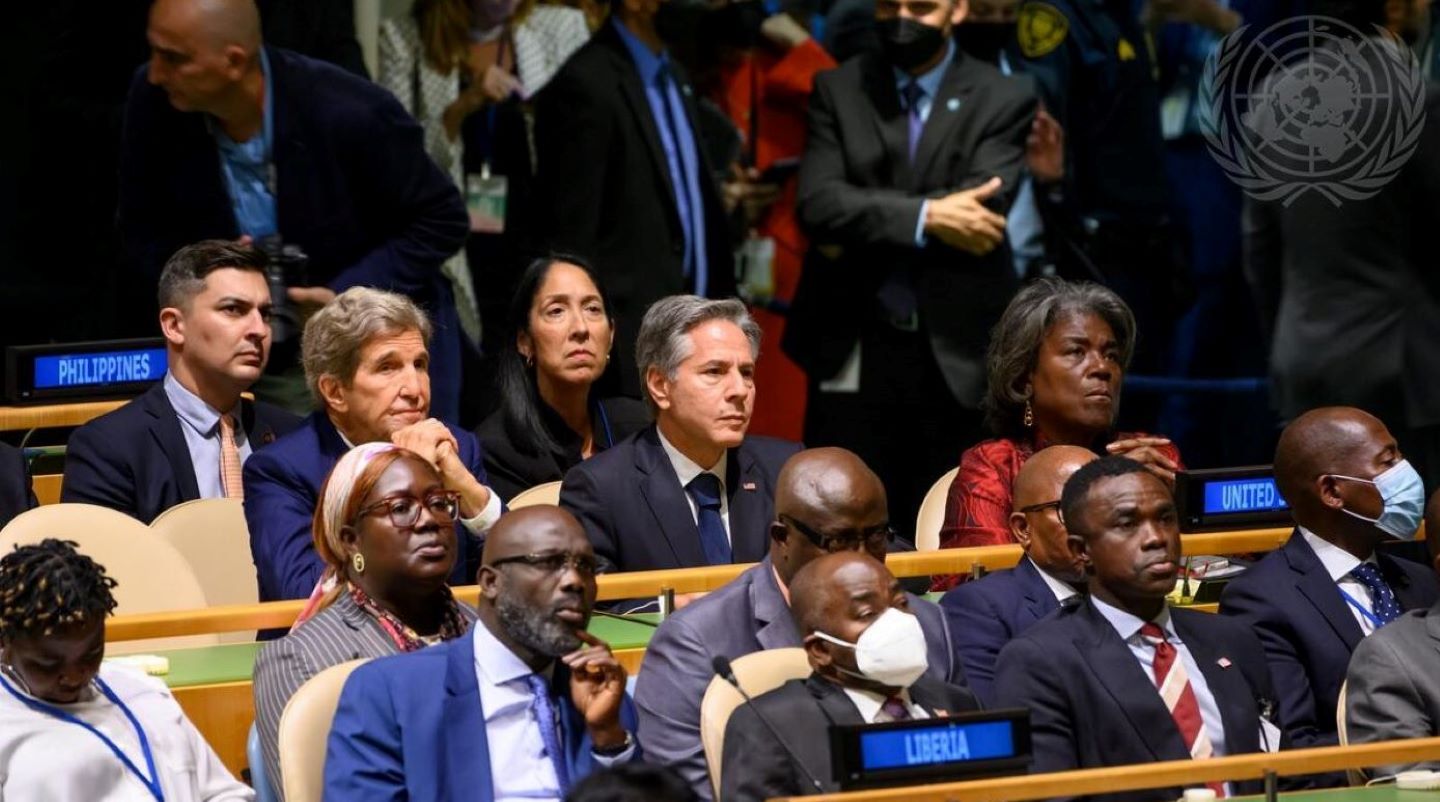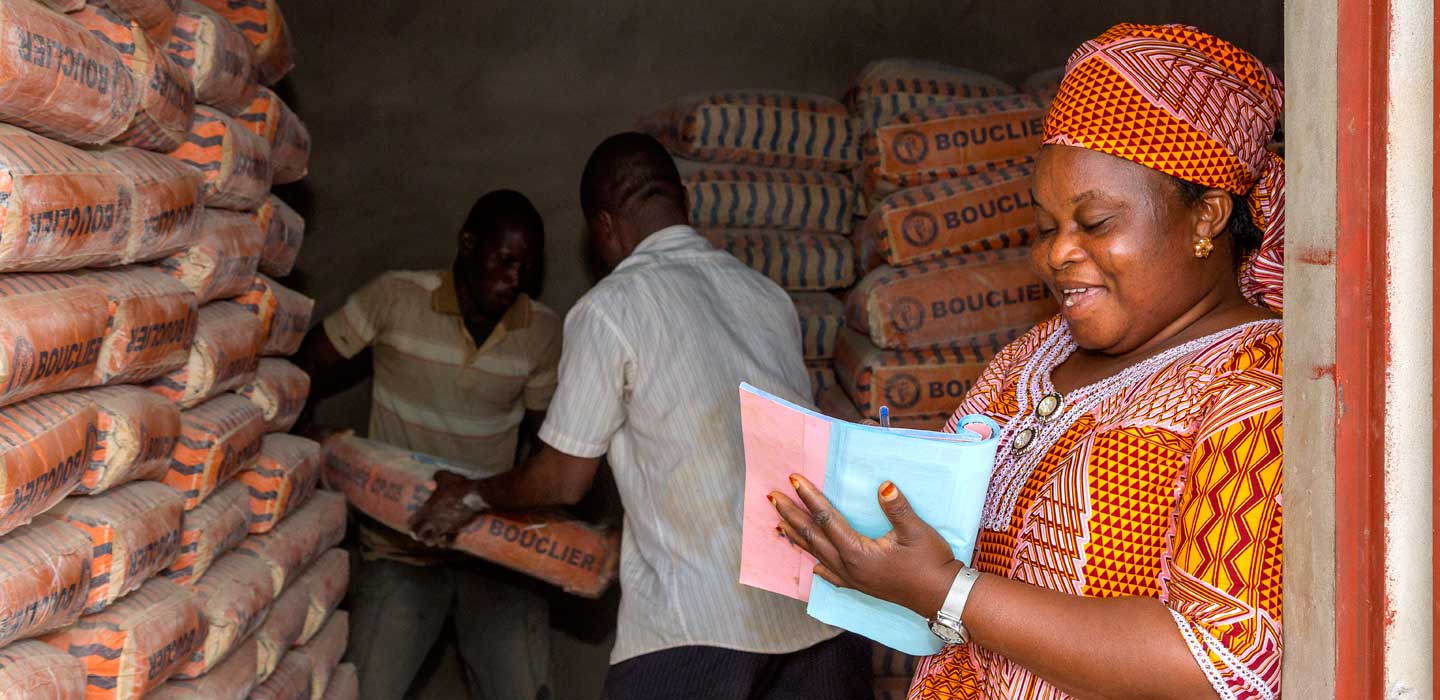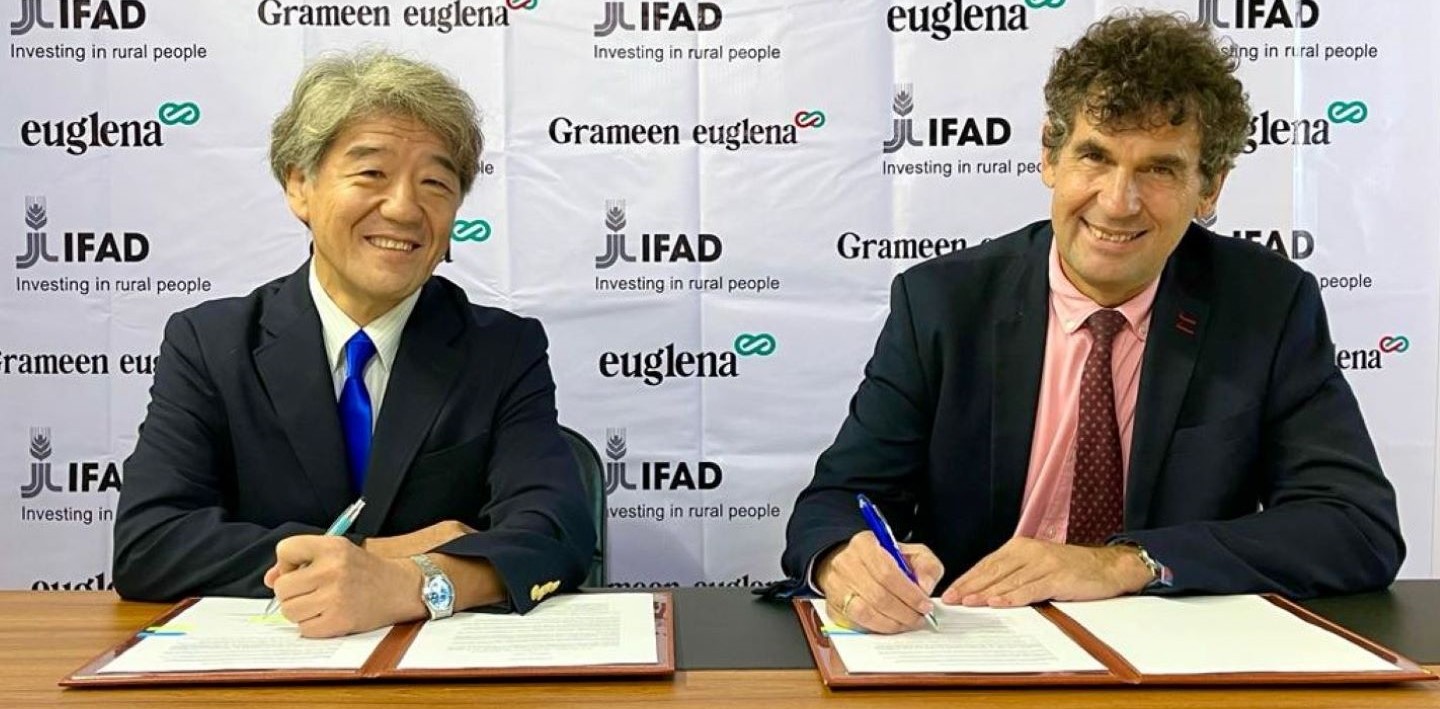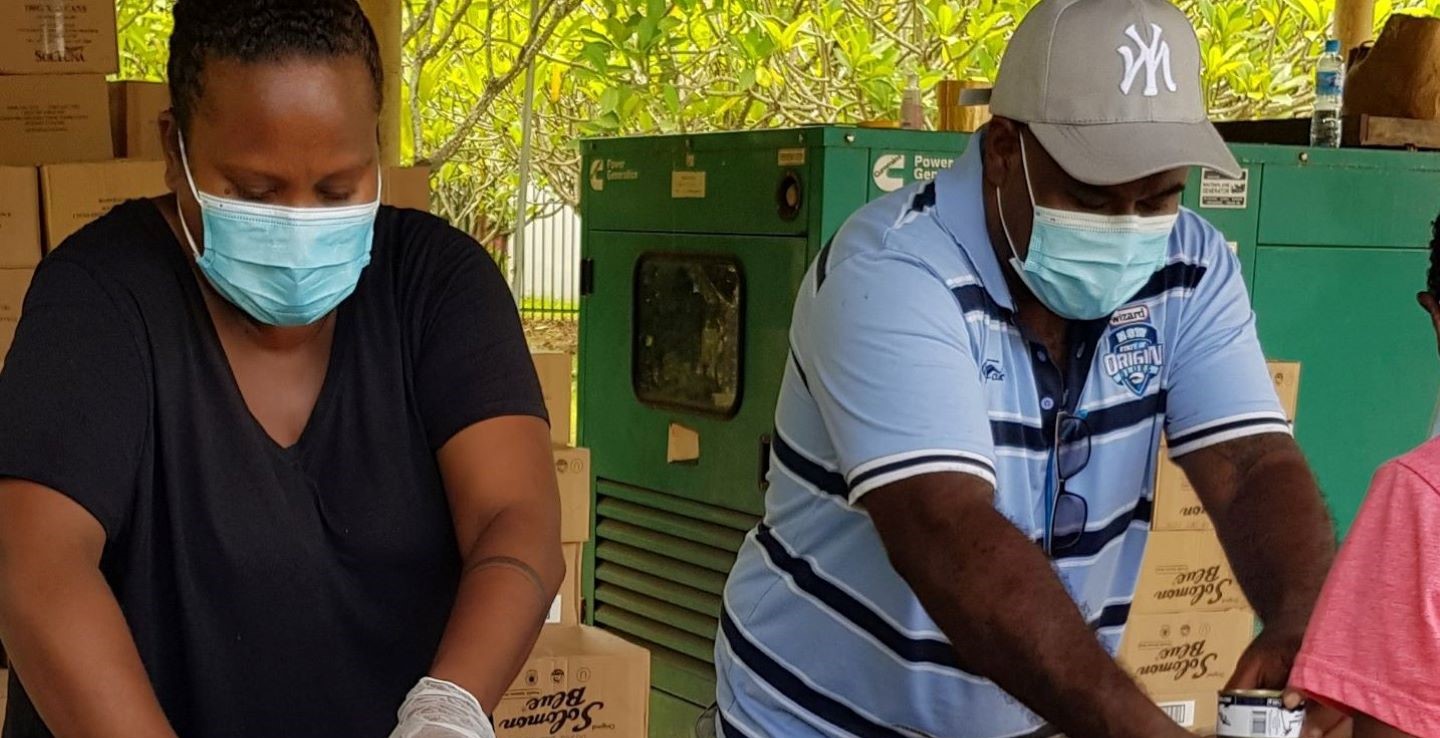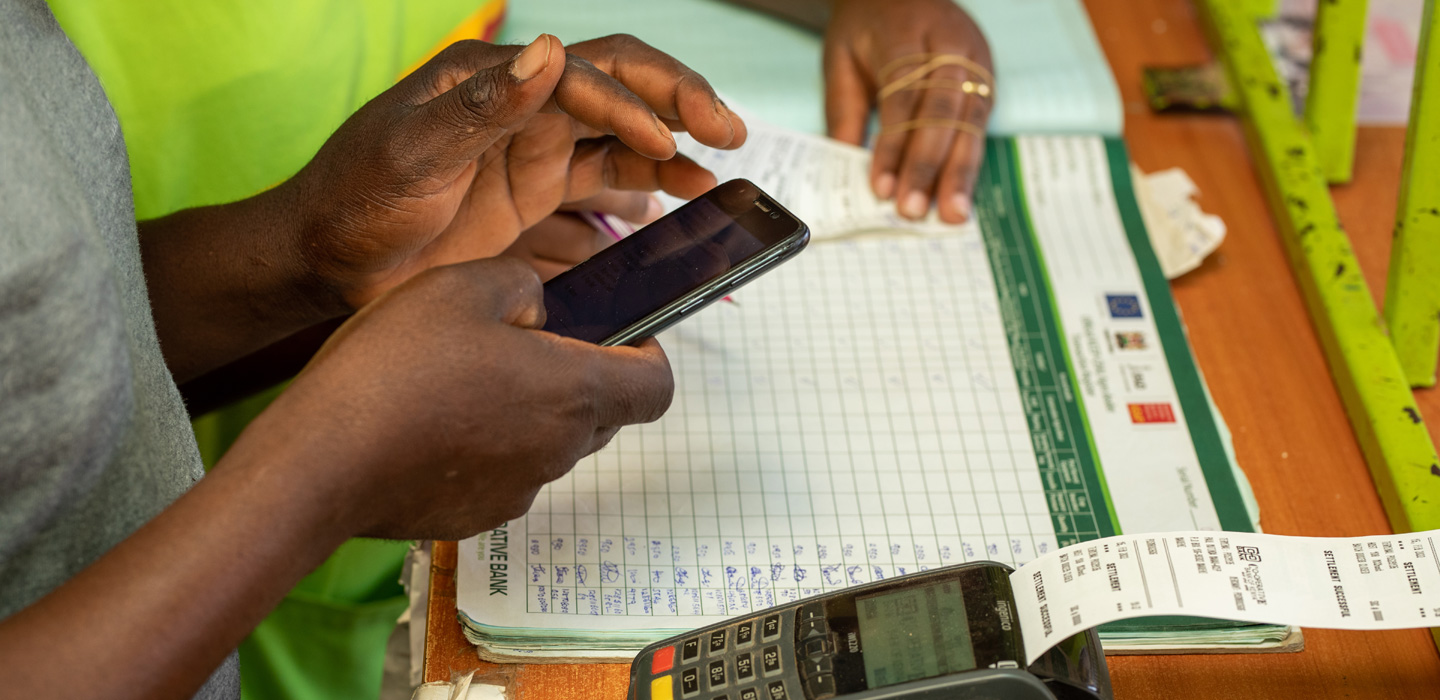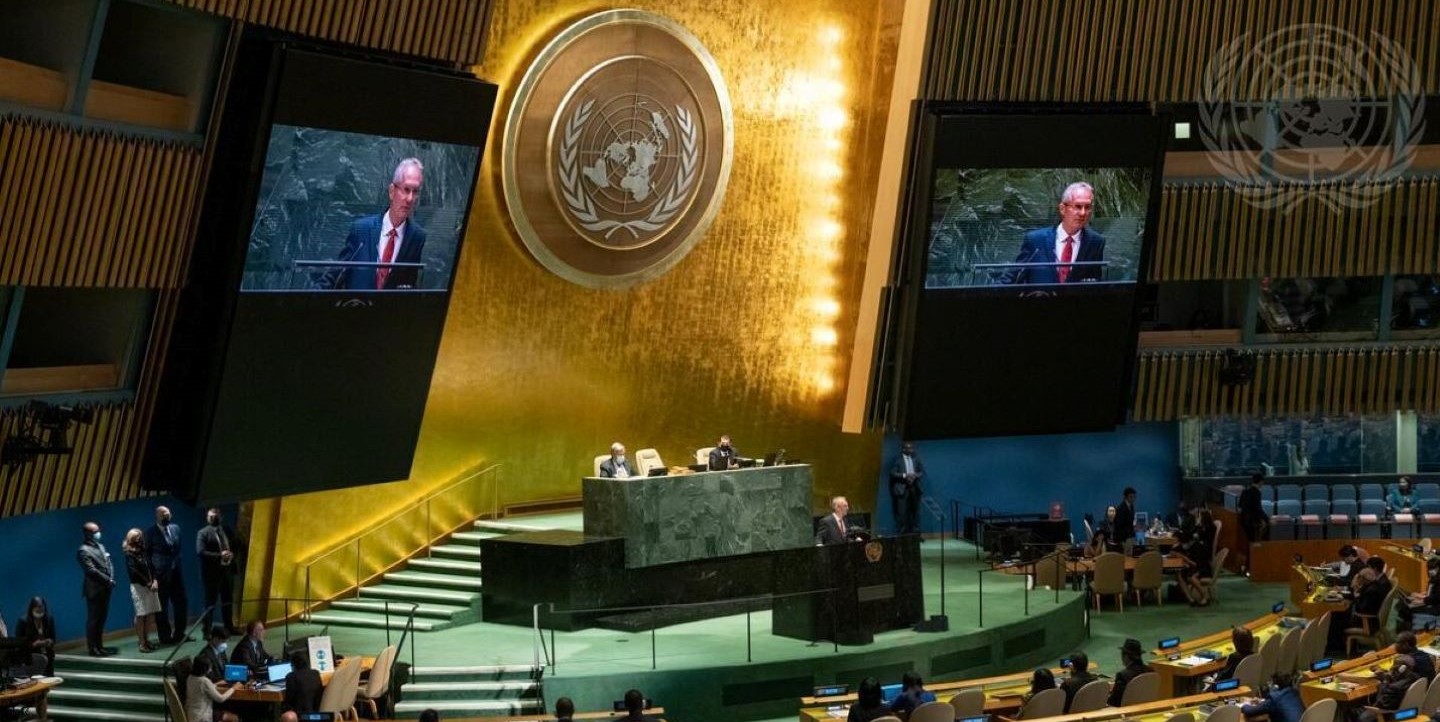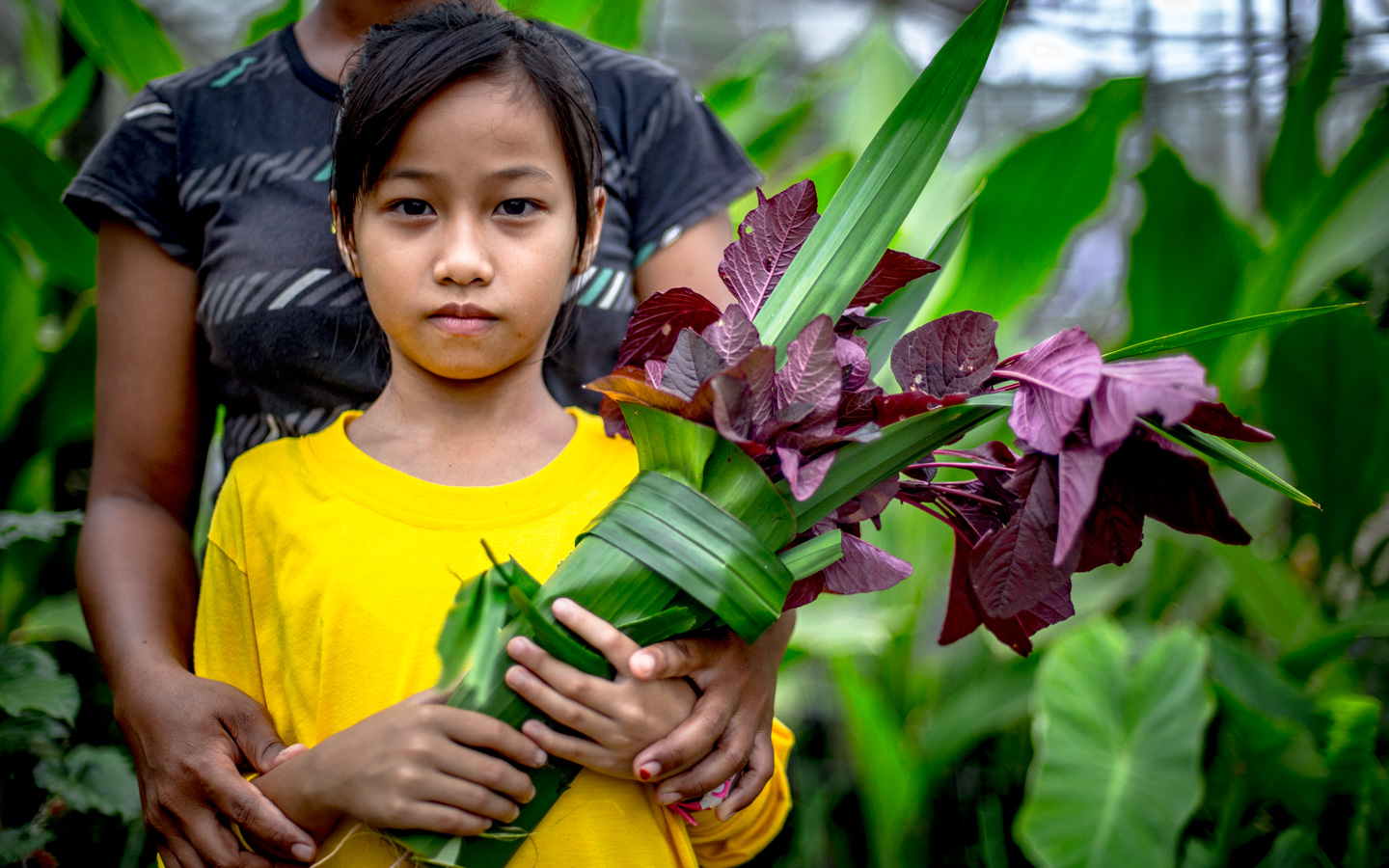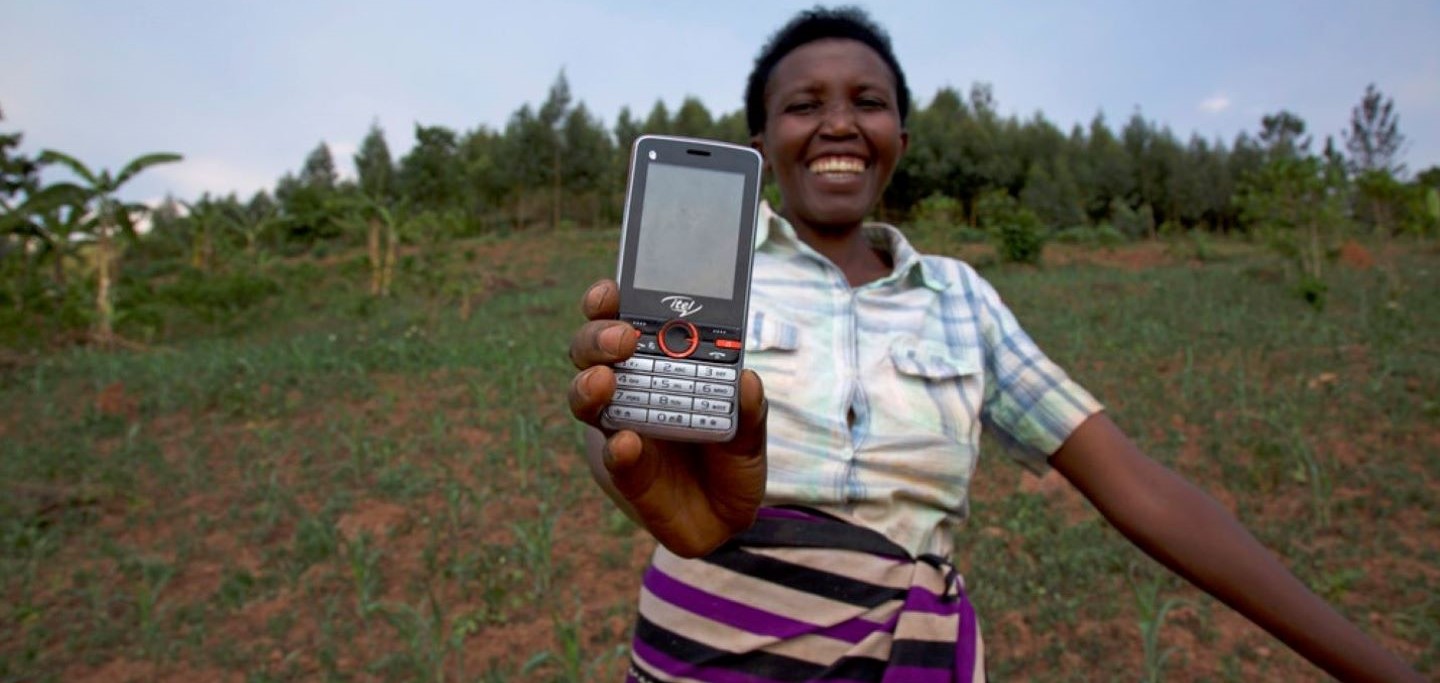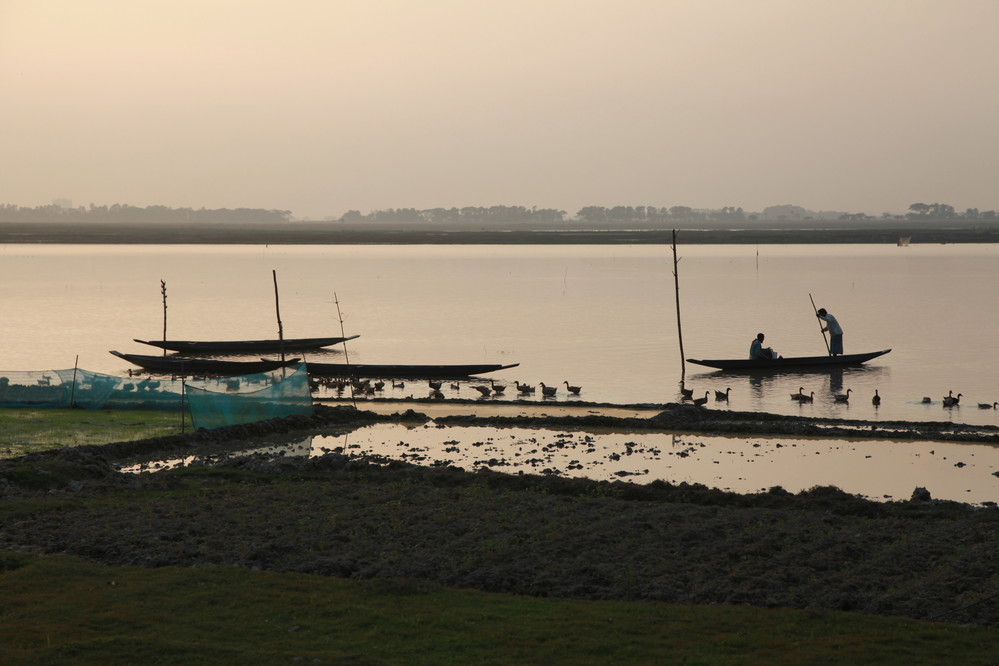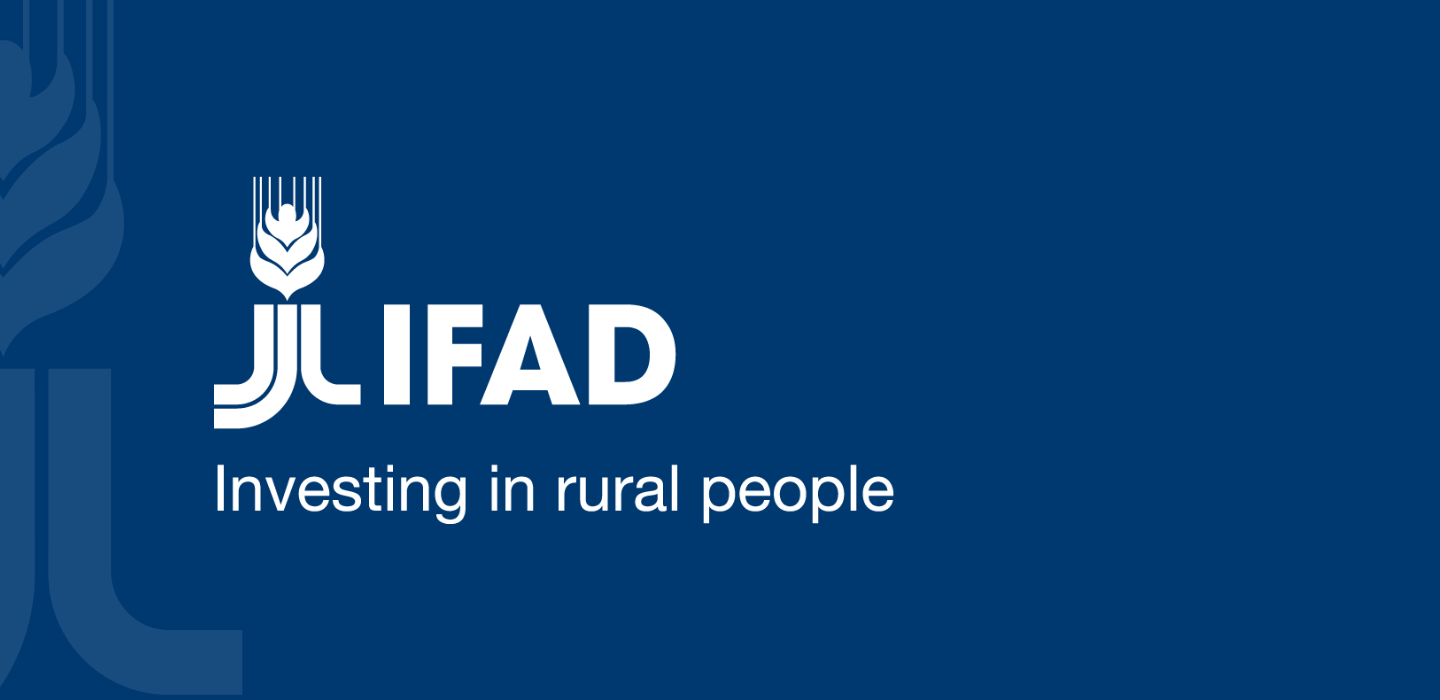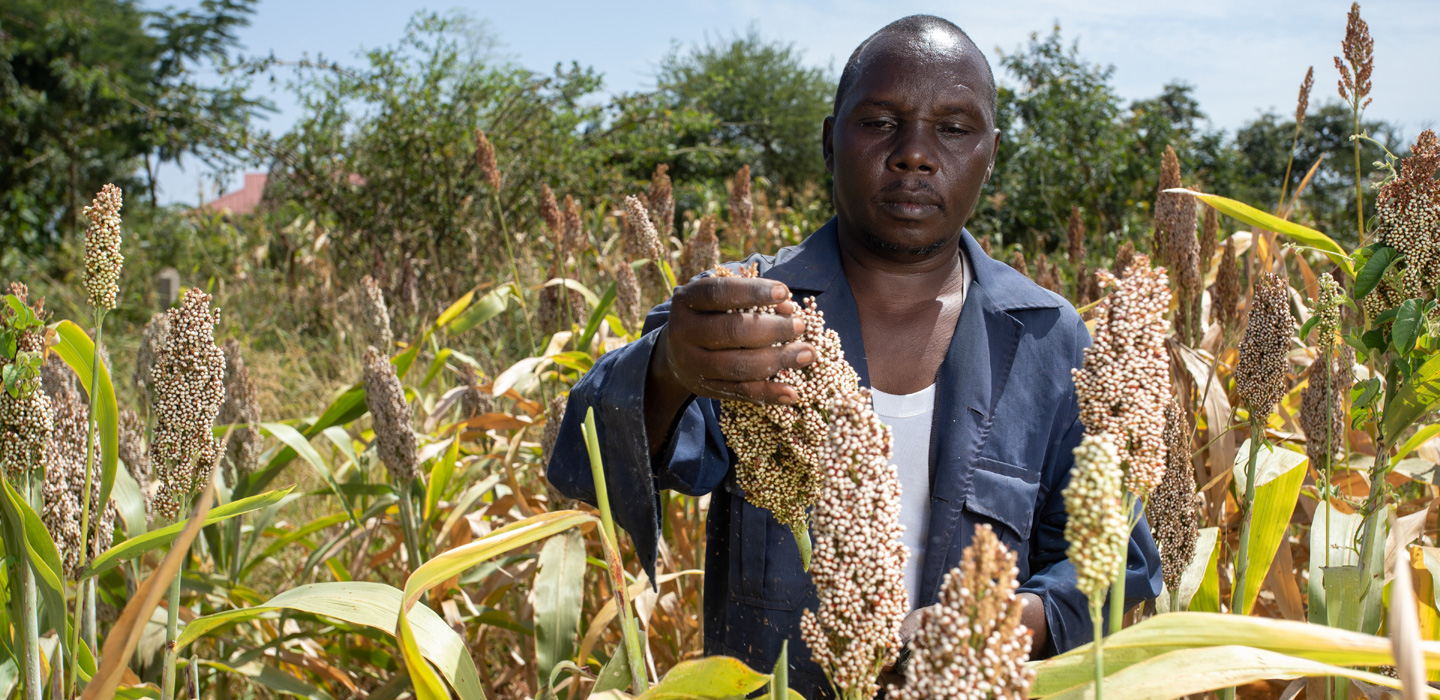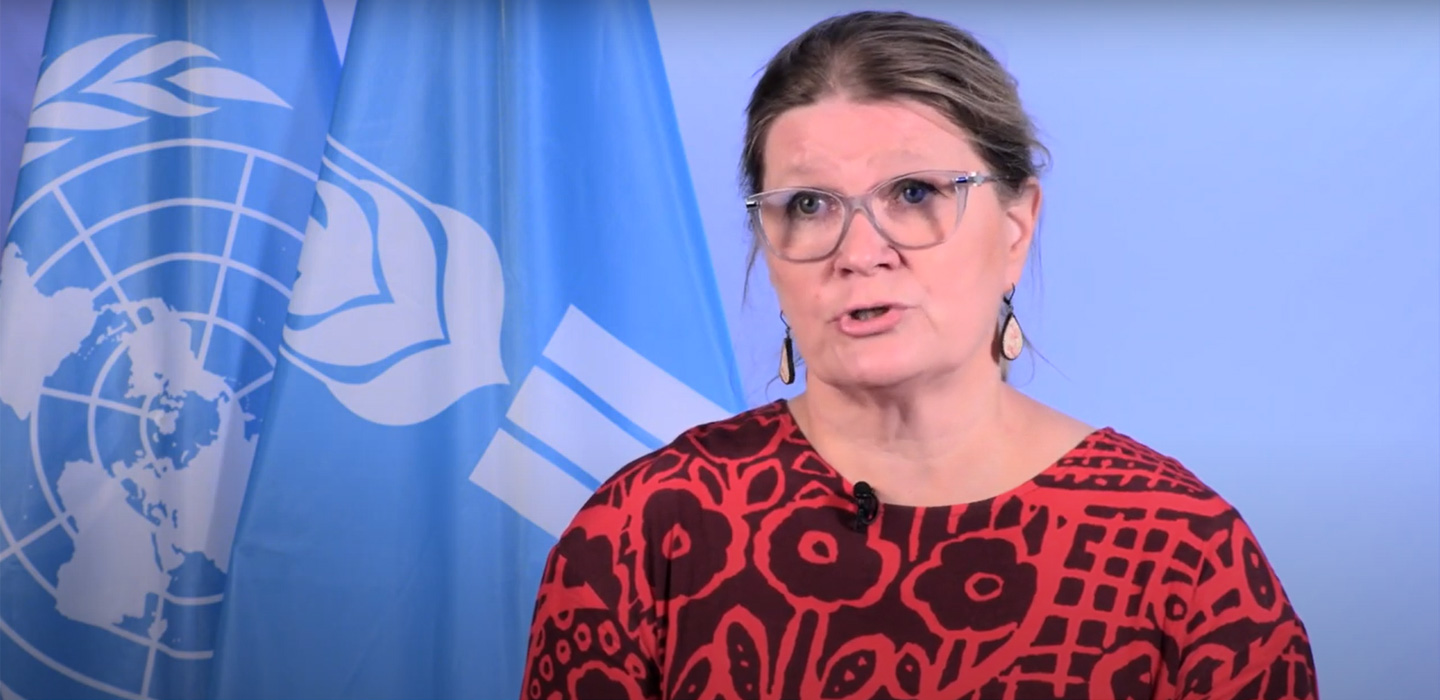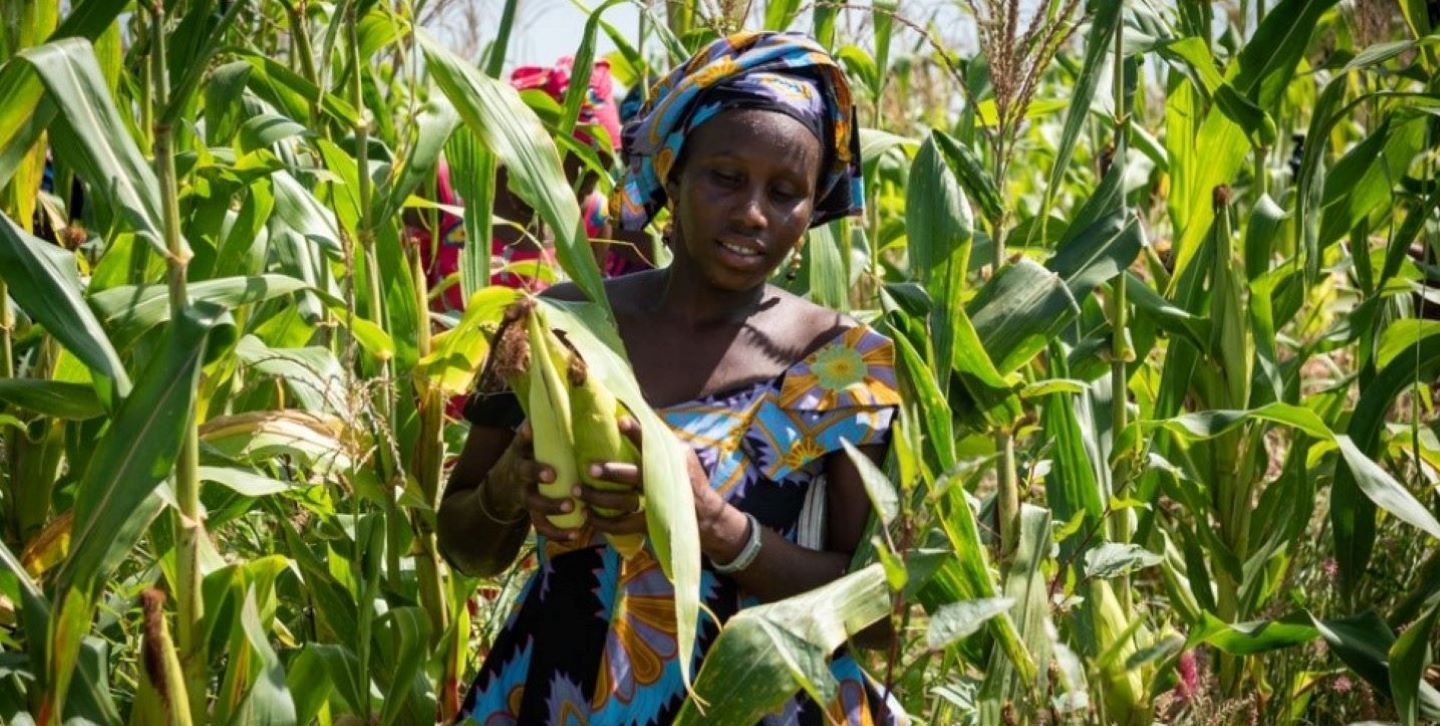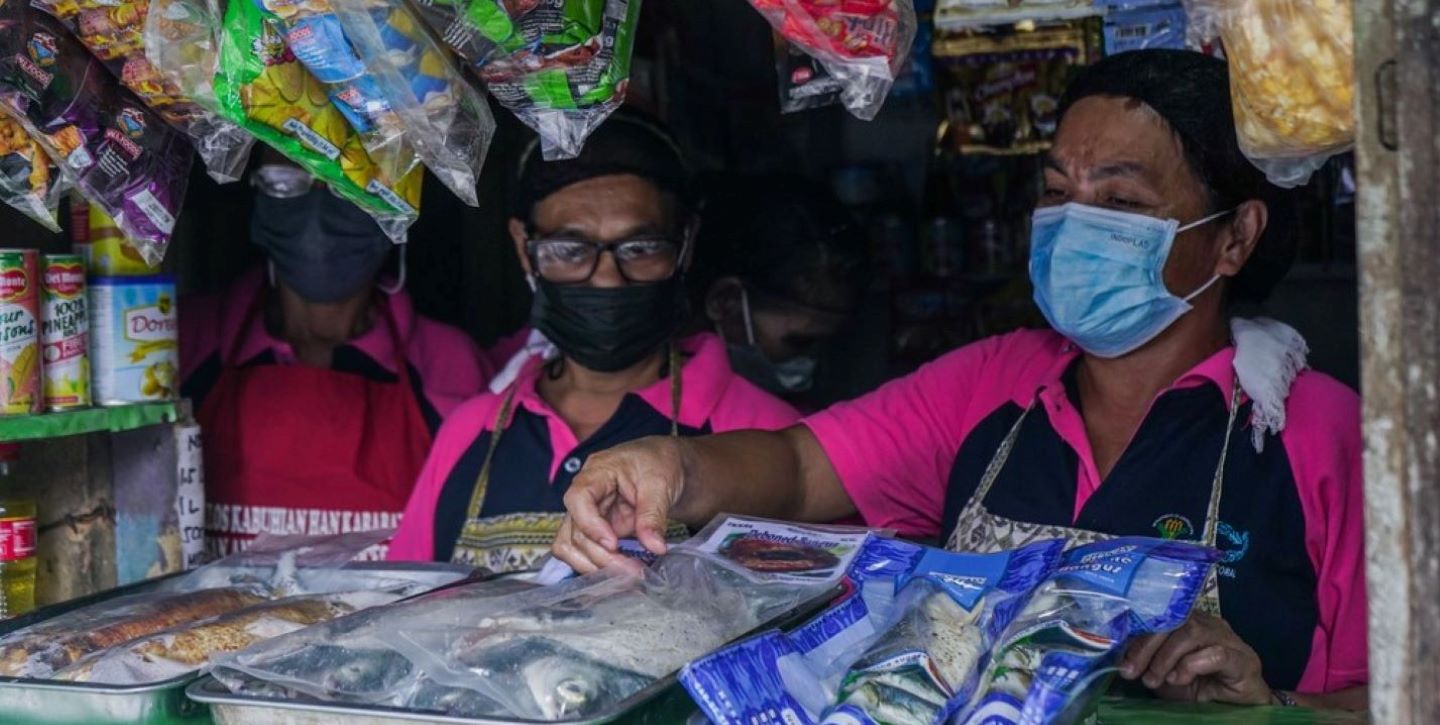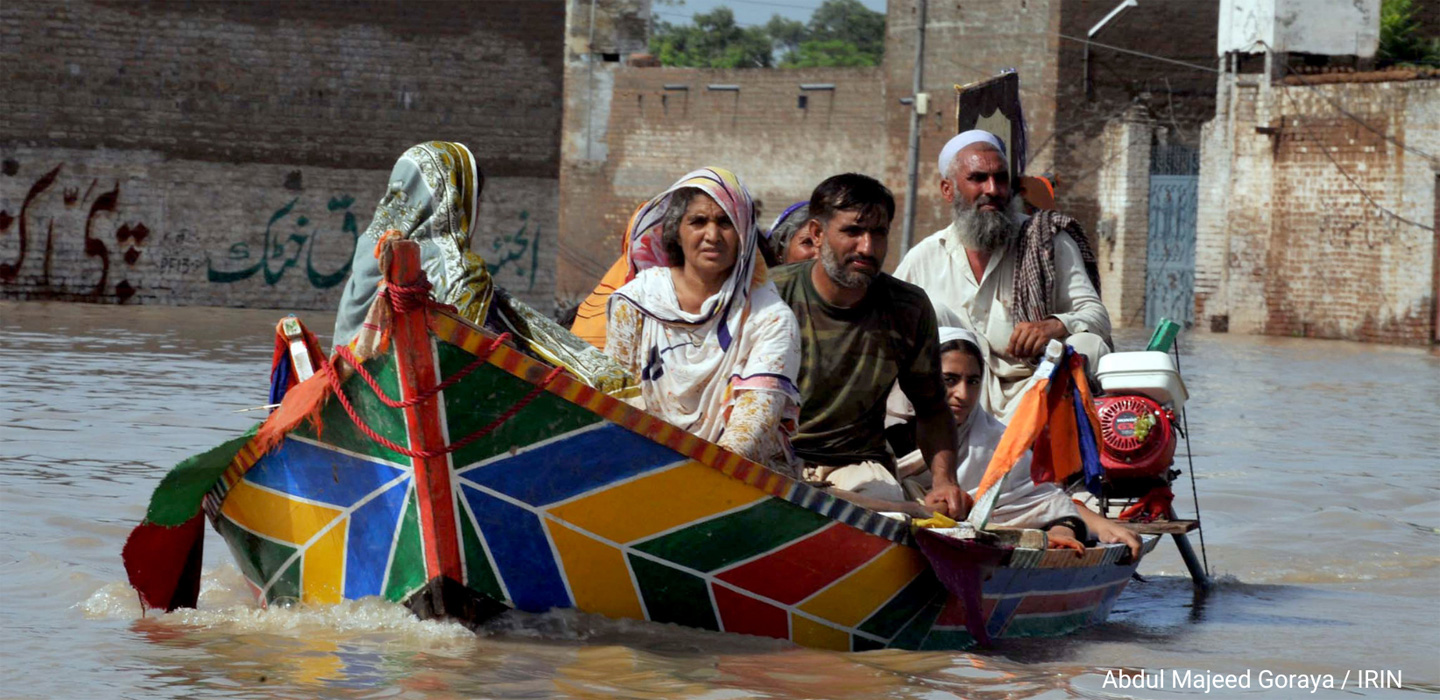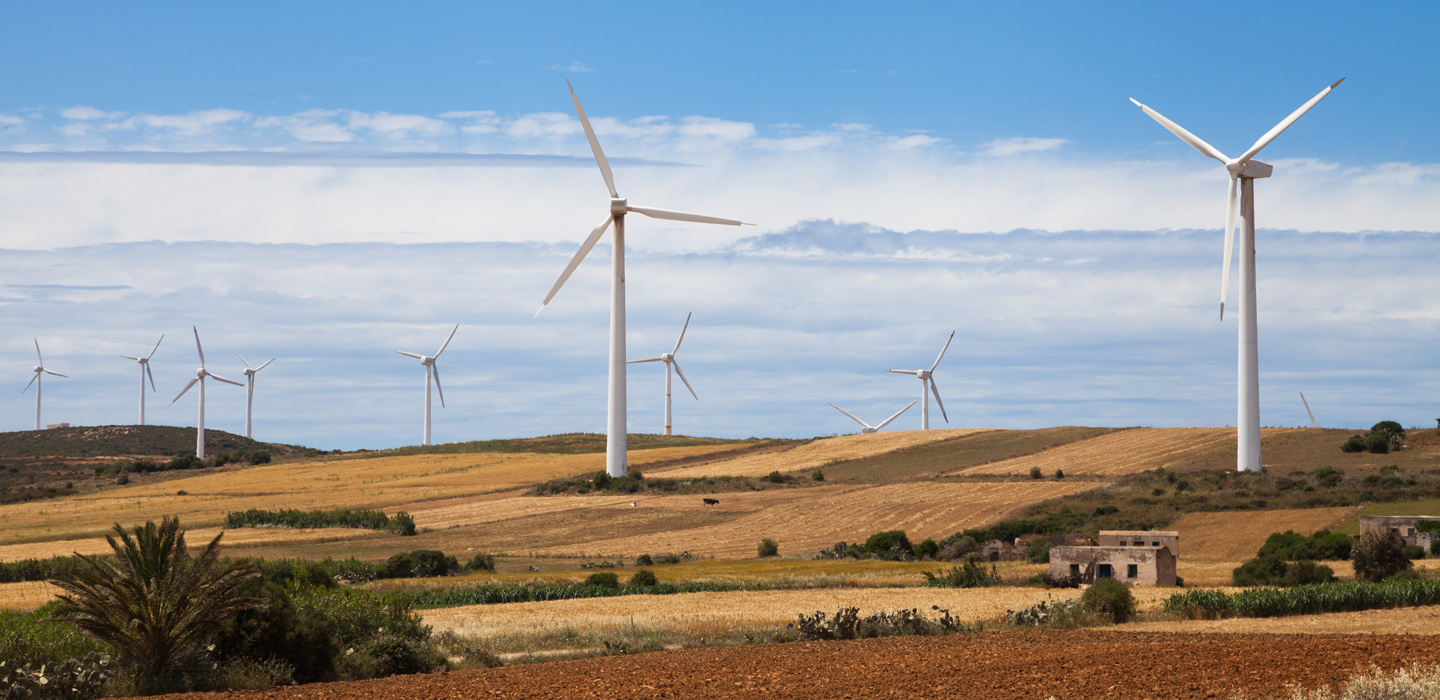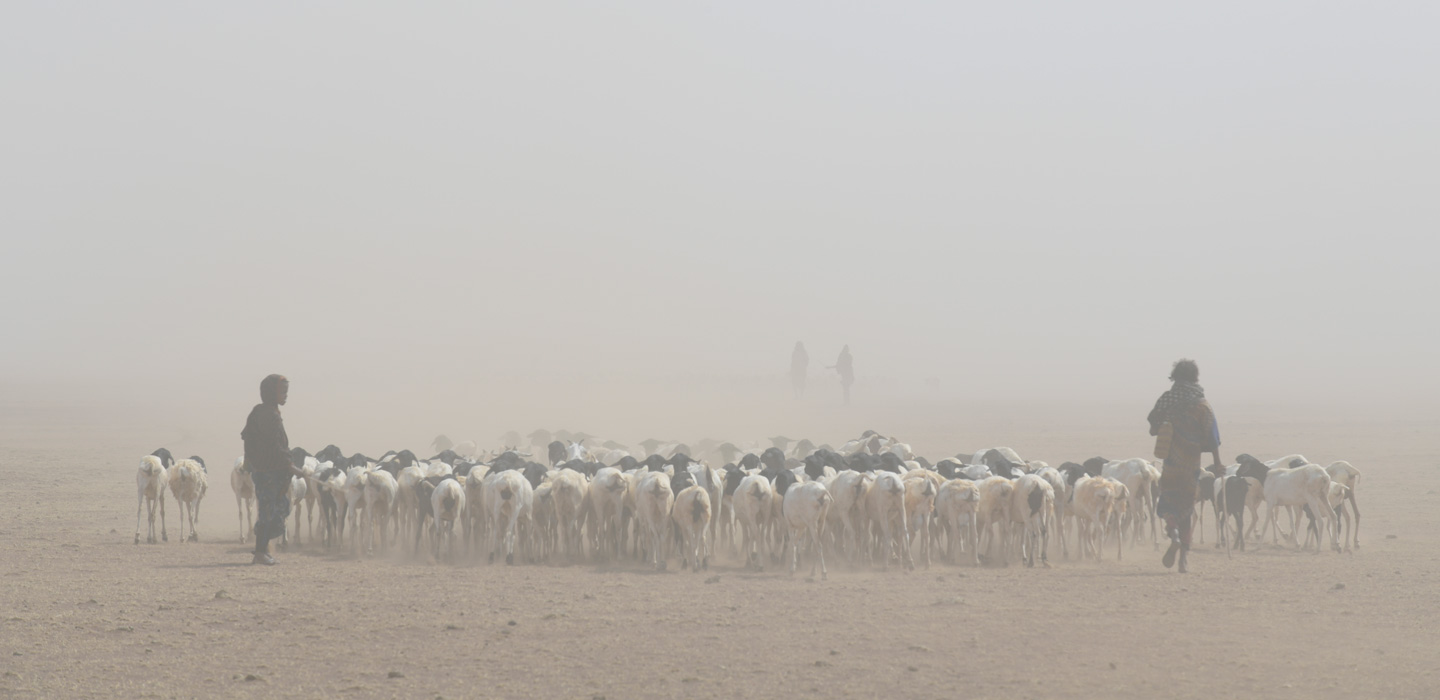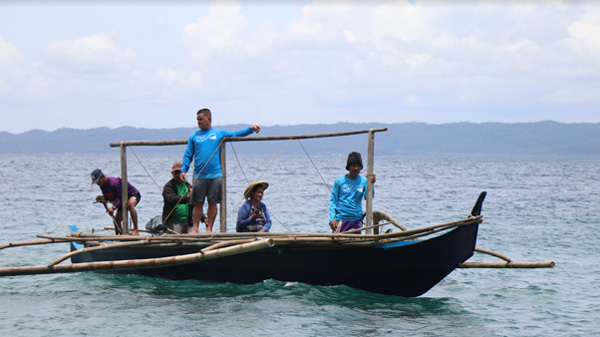Latest
Latest

Latest
Manual Submenu Topics
SearchResultsFilters
Search Results
Fighting Climate Change in South Asia – Episode 36
From chefs in India to fisheries in Maldives, we examine how the relationship between agriculture and climate change is affecting South Asia. We also reflect on 75 years of independence in India and Pakistan and learn about IFAD’s work in Bhutan and Maldives, and so much more in this bumper episode.
Mapping the way to a better future
An inside look at how Geographic Information Systems (GIS) can help map projects and lift rural people out of poverty.
What everyone was talking about at UNGA77
The trending topic at UNGA this year was the escalation of the war in Ukraine. But the topic IFAD’s Alberto Trillo Barca heard discussed most in the halls and lifts of UN HQ in New York was food security and the global food crisis.
Call for Proposals: Remittance Innovation Champions 2022 South Africa
The Financing Facility for Remittances (FFR) of IFAD is pleased to announce the Remittance Innovation Champions 2022 – South Africa (RIC22-SA) Call for Proposals.
IFAD, Japan and Bangladesh partner to bring smallholder farmers closer to international markets
IFAD and Grameen Euglena, a joint venture between Japan's Euglena Co Ltd and Bangladesh's Grameen Krishi Foundation, are collaborating on an initiative that supports smallholder farmers to cultivate mung beans.
Solving a data dilemma in the Solomon Islands
When the Solomon Islands began seeing its first cases of COVID-19 in early 2022, the Ministry of Agriculture and Livestock activated emergency food relief efforts. But after years of neglecting data collection, how do you find and feed people without addresses, street names or house numbers?
Ghana: Public-private sector partnerships to drive digital and financial inclusion in rural areas
IFAD announced partnerships on Tuesday to slash the cost of migrant remittances to Ghana with financial services providers Ecobank Ghana and Fidelity Bank and pan-African fintech MFS Africa, aiming to boost a vital source of income for a country grappling with the economic impact of the COVID pandemic and Ukraine war.
IFAD’s hopes for UNGA77
World leaders and the heads of UN agencies come together in New York this week for the UN General Assembly. As global crises compound and converge, now is the time for global action and common ground. IFAD’s President-elect, Alvaro Lario, will use this opportunity to advocate for rural people and push to transform food systems.
2022 Call for Nominations: IFAD Indigenous Peoples Awards
The Indigenous Peoples Awards recognize the efforts and the achievements of development projects that successfully engage with indigenous peoples or ethnic minorities living in rural areas. They promote best practices, share knowledge and identify opportunities to replicate and scale-up results.
Mobile remittances to lead digital revolution in marginal rural areas in five African countries thanks to IFAD grant funded by the EU
IFAD announced today its first grant to a digital payments company, MFS Africa, to promote the use of mobile remittances in marginal rural areas in five African countries: Ghana, Kenya, Senegal, The Gambia and Uganda.
A new sustainable way to fish for better incomes and diets in Nigeria and Ghana
Cage aquaculture is a greener, cheaper method of fish farming. Thanks to South-South and Triangular Cooperation, ProSCAWA is helping small-scale fishers get started with cage aquaculture and meet growing demand for fish.
IFAD Statement on the Passing of Queen Elizabeth II
IFAD President Gilbert Houngbo today issued the following Statement on the passing of Queen Elizabeth II.
Hungry caterpillars threaten Kenya's crops. Can plants provide a natural pest control solution?
Kenyan farmers and their crops face a tiny but destructive threat: the fall armyworm. With climate change causing more infestations, push-pull technologies are a sustainable and affordable way of naturally controlling pest numbers. Find out how this simple but effective technology works.
IFAD and South-South and Triangular Cooperation: An interview with Satu Santala
Global hunger and food insufficiency are increasing, reflecting increased inequalities arising from unequal economic recovery and persisting income losses following the pandemic. Satu Santala, Associate Vice-President of the External Relations and Governance Department at IFAD, tells us more about Fund’s approach to tackling these global challenges through SSTC.
It’s time to transform African agriculture. These numbers show why
African agriculture is at a crucial juncture. It has enormous potential to not only feed Africa, but also the world. Yet, global conditions are holding small-scale African farmers back. Five numbers show how transforming African agriculture can make a big difference.
Weathering the storm: How finance provides a lifeline for SMEs in times of crisis
The impacts of the war in Ukraine, coupled with the pandemic and climate change, are threatening the survival of small and medium-sized enterprises (SMEs) the world over. Finance is a critical lifeline, but can rural agri-SMEs access it?
“This is unprecedented”: IFAD’s Country Director in Pakistan reacts to the floods
Following months of incessant rain, nearly one third of Pakistan is underwater. Millions of people are affected, thousands have died, and agriculture is at risk. IFAD’s Country Director in Pakistan reflects on what is happening on the ground.
Racking up Renewables in Africa - Episode 35
With fossil fuels dwindling and access to energy already scarce in Africa, people are turning to renewable energy. In this month’s podcast, energy specialist, Dan Martin, explains how IFAD incorporates renewable energy into its projects, while a farmer tells us about the reality of renewable energies on the ground.
East Africa is experiencing its worst drought in decades. It’s time to invest in climate adaptation
East Africa is experiencing one of the worst droughts in decades, with millions facing food insecurity as crops fail, livestock die and water sources dry up. Read how IFAD is building resilience to climate change and what else needs to be done.
Women-led sea patrols in the Philippines are protecting livelihoods and the ocean
Coastal communities in the Philippines depend on the sea for sustenance, but these once thriving oceans are emptying due to climate change and harmful fishing practices. Local women are fighting back, protecting fisheries while using them sustainably.
